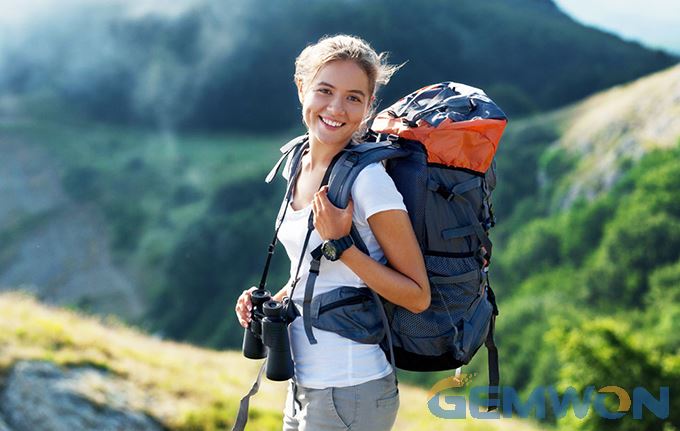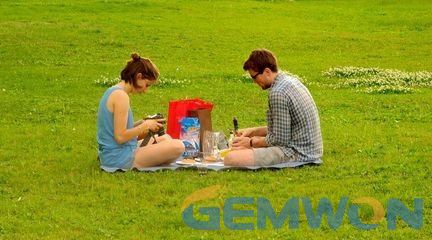Hiking and trekking always can be heard in outdoor recreational activities, but are the same? Today, I am going share you some benefits of trekking and give you some trekking guide and tips. I'm sure you'll love in this outdoors.
Part 1: What is Trekking

Trekking is different from walking in the common sense. It generally refers to the sports mode that is equipped with certain equipment and does not use the transportation tool to walk between the mountains and the countryside, enjoy the scenery along the way. It is the most typical outdoor sport. But it is not necessarily mountaineering; it is walking for a number of days, usually on uncharted paths, in challenging environments which are likely to be hilly or mountainous.
Part 2: The Difference Between Trekking and Hiking
The easiest way to explain the difference between a hike and a trek is to distinguish each term is to categorize them by difficulty.
Hiking:
These are usually half-day to one-day tours. The terrain varies from relatively flat to steep. Although hiking is easier than trekking but it can still be challenging. Most hiking tours take anywhere from 2 to 8 hours round trip. You usually finish in the same place that you started. Either from hiking a loop or returning the same way. Some hikes have a different start and end points, so always check before you start. For hiking tours, you need minimal equipment compared to trekking.
Trekking:
Compared to hiking, trekking is more difficult for someone to finish it. The time that trekking take is longer, it doesn’t mean that they take a couple more hours, these trips usually take two or more days. In trekking, the number of the trekking equipment can be decided by the need, but the trekking poles is necessary.


Alternatively, when trekking in some locations, you may have the option to stay at small lodges, mountain huts or even bed and breakfasts along the way. But accommodations are available in trekking if you like. In a word, trekking is more challenging than hiking because you will be walking for multiple days in a row.
Part 3: The Benefits of Trekking
The physical health for Trekking:It can improve your fitness. One of the major benefits of trekking is that it improves your physical health immensely. Spending multiple hours on the trail, climbing around boulders, rock hopping and ascending hills gives your whole body a workout, improving your strength and your agility. Trekking requires covering large distances, usually by walking up and down hills and mountains, the heart must pump harder to keep up with the oxygen demand.
The psychological benefits:Walking along the way allows you to enjoy the beautiful natural scenery. Your mood will relax and the pressure will dissipate. Spending time outdoors on a trek or active holiday in nature is a perfect way to cleanse your mind from the stress and worries from home.


Trekking often requires a person focus on their activity, where the only distractions are majestic vistas and dramatic scenery. Ask any trekker and they’ll attest that spending time in the wilderness was one of the most relaxing times they’ve had. If a person is a regular trekker then one point can be known that he must a fit and active person.
Conclusion
Hiking is a kind of outdoor sport that many modern people are keen on. The benefits of trekking are obvious, it not only exercises people's physique and endurance, edifies people's mind and temperament, and promotes interpersonal communication. At the same time, it can inspire people's love for nature and life, relax their tired mind after living in the city for a long time. Before setting out, check some guide for trekking out will save you a lot of trouble.